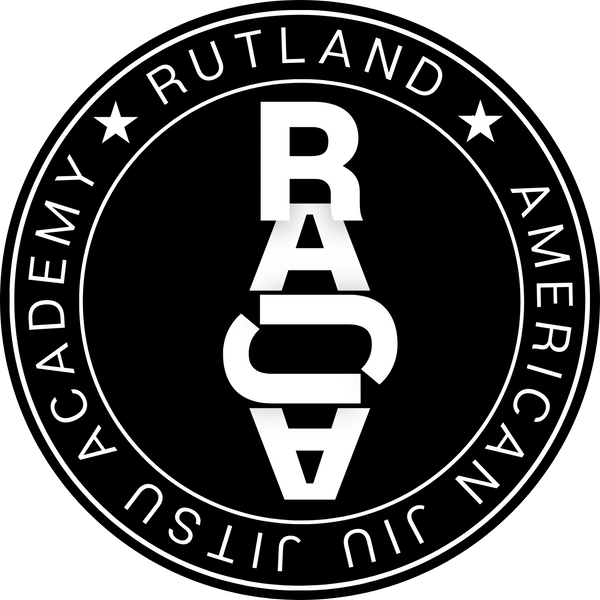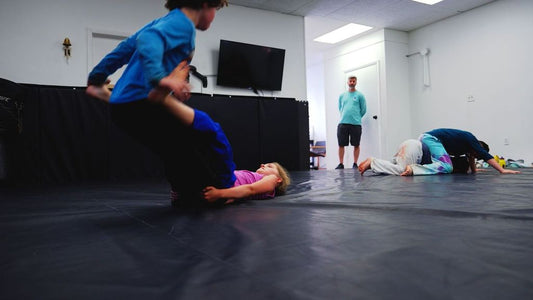In the world of martial arts, finding a quality school is crucial to ensure you’re getting authentic training and value for your time and money. Unfortunately, not all schools uphold the same standards, and some, known as "McDojos," can be quite deceptive. Here are some red flags to watch out for when evaluating a jiu jitsu school.
1. Black Belts Don’t Roll
One of the biggest red flags in any jiu jitsu school is if the black belts don’t roll (spar) with the students. Rolling is a fundamental aspect of jiu jitsu training, and any legitimate black belt should be actively participating. If the instructors avoid rolling, it might indicate they lack confidence in their skills or are trying to hide deficiencies.
2. Excessive Emphasis on Belt Promotions
While earning a new belt is a significant milestone, schools that emphasize belt promotions too frequently or require students to pay large fees for tests can be suspect. Legitimate schools focus on skill development and earning belts through merit, not just as a means to make money.
3. Contracts and High-Pressure Sales Tactics
Be wary of schools that pressure you into signing long-term contracts without allowing you to try out classes first. High-pressure sales tactics and inflexible contracts can be signs of a McDojo. A reputable school will be confident in their program and allow you to experience the training before making a commitment.
4. Lack of Sparring or Live Training
Sparring and live training are essential parts of learning jiu jitsu. If a school’s curriculum lacks regular sparring sessions, it may indicate that they aren’t providing practical, realistic training. Live training is crucial for applying techniques in real-time and developing true proficiency.
5. Overuse of Titles and Formalities
While respect and discipline are important in martial arts, some schools overemphasize titles and formalities to create a false sense of authority. This can sometimes be a cover for a lack of real skill or knowledge. Authentic jiu jitsu schools strike a balance between respect and practical training.
6. Questionable Lineage and Credentials
Always research the lineage and credentials of the instructors. Legitimate jiu jitsu schools will have a clear and traceable lineage back to recognized practitioners and organizations. If the school is vague or defensive about their lineage, it’s a red flag.
7. Unrealistic Promises
Be cautious of schools that make grandiose promises, such as guaranteed black belts within a short period or claims of being unbeatable. Martial arts training is a lifelong journey, and legitimate schools emphasize hard work, dedication, and realistic progress.
8. No Competitive Presence
While not all students may wish to compete, a school that has no presence in competitions or actively discourages it might be hiding the fact that their techniques are ineffective. Competitions are a great way to test skills and validate training methods.
9. Misleading Advertising
Schools that use misleading advertising or pictures to inflate their reputation or make false claims about their instructors, curriculum, or academy are a major red flag. Transparency and honesty are key indicators of a trustworthy school.
10. No Drop-Ins Allowed
A legitimate jiu jitsu school should welcome drop-ins. This openness indicates confidence in their program and a desire to engage with the broader jiu jitsu community. Schools that do not allow drop-ins might be trying to hide poor teaching practices or a lack of genuine skill.
11. Discouraging Training at Other Gyms
A red flag to watch for is if a school discourages or outright forbids training at other gyms. This practice can be a sign of insecurity about their own program or an attempt to control students. Worse, if instructors gaslight students into thinking that training elsewhere is disloyal or dangerous, it's a major warning sign. Cross-training is beneficial and common in the martial arts community, and a legitimate school should support it.
12. Mandatory Purchase of Uniforms
Forcing students to buy official uniforms exclusively from the school at inflated prices is another red flag. While schools often have uniform requirements, they should not exploit students by marking up prices excessively or forbidding them from purchasing from other reputable suppliers.
Trust Your Gut
Ultimately, trust your instincts when evaluating a jiu jitsu school. If something feels off or too good to be true, it’s worth investigating further or considering other options.
At Rutland American Jiu Jitsu Academy, we pride ourselves on maintaining high standards of training, transparency, and integrity. Our instructors actively participate in rolling, we focus on genuine skill development, and we foster a supportive community where every student can thrive.
If you’re ever in doubt, feel free to visit us and see for yourself what a legitimate jiu jitsu school looks like. We’re here to help you on your martial arts journey with authentic, high-quality training.
Stay vigilant and train smart,
The RAJJA Team







